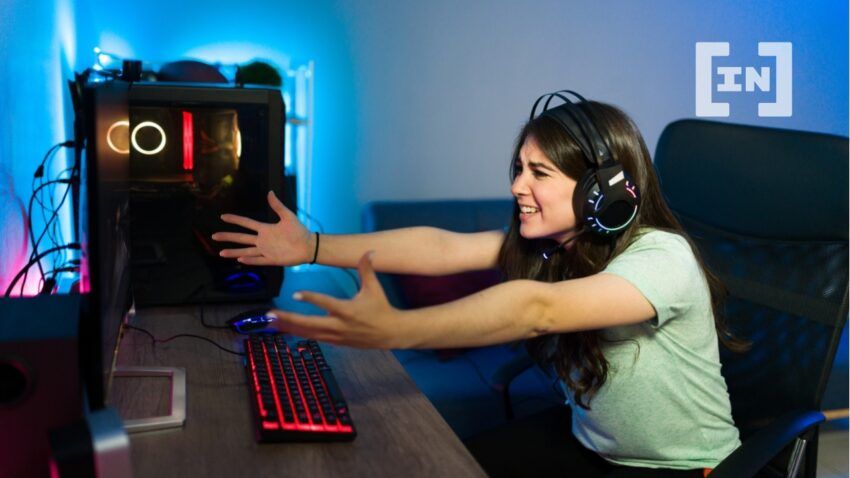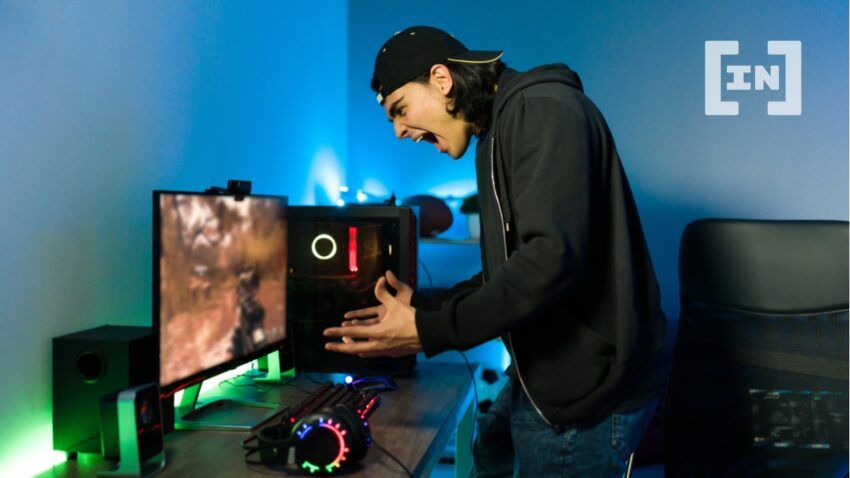Gamer accounts have never been more at risk. There has been a surge in attacks since the pandemic.
According to a new report, commissioned by Akamai, called Gaming Respawned, web application attacks in the gaming industry have spiked.
The reports says that the attacks come after the boom in popularity for cloud gaming platforms. “The gaming industry has attracted cybercriminals almost since its inception. And the sudden boom in gaming during the pandemic was not lost on global threat actors. In 2021, attacks on the gaming industry more than doubled over the prior year.”

Gamer Accounts are Spender Accounts
The report says that gamers spend generously on things like character upgrades and tools. For example, in just 3 months of 2020, Activision Blizzard raked in $1.5 billion just from microtransactions. And this kind of growth in spending on virtual items shows no sign of abating.
“To an attacker, gamers represent value. If they can hack into user accounts, bad actors can steal everything from in-game currencies and assets to account information, and then sell the loot on the dark web. Or, they can steal a whole account, along with the time a gamer had invested in creating a game experience. Then, they can rename the account and sell it. Additionally, if hackers can breach a gaming company, they can wreak all sorts of havoc — from stealing the source code and engineering cheats that make the game unfair to extorting companies by encrypting systems or publicly exposing exfiltrated data.”
Gamer Accounts and Microtransactions
The microtransaction market is predicted to be worth $106 billion by 2026. The gaming industry is currently the target of 37% of all DDoS attacks. At 22%, the second-most targeted industry is the financial sector.
The report says, “The United States is the main target of attackers, followed by Switzerland, India, Japan, the United Kingdom and other nations throughout Europe and Asia. Gaming companies are moving operations into the cloud, creating new threat surfaces for hackers. Microtransactions – prevalent in the gaming industry – represent a huge draw for criminals who can capitalize on the spending power of gamers without drawing attention to themselves.”

Cyber Attacks and Cloud Gaming
Jonathan Singer is Akamai’s Senior Strategist. “As gaming activity has increased and evolved, so has the value of disrupting it through cyber-attacks. Cybercriminals typically disrupt live services and co-opt credentials to steal gaming assets. Also, with the industry’s expansion into cloud gaming, new threat surfaces have opened up for attackers by bringing in new players who are prime targets for bad actors.”
Crims like microtransactions because many small transactions can fly under the radar of tax officials. This is because they don’t trigger dollar-amount thresholds ($10,000).
Got something to say about gaming companies or anything else? Write to us or join the discussion in our Telegram channel. You can also catch us on Tik Tok, Facebook, or Twitter.
Disclaimer
Following the Trust Project guidelines, this feature article presents opinions and perspectives from industry experts or individuals. BeInCrypto is dedicated to transparent reporting, but the views expressed in this article do not necessarily reflect those of BeInCrypto or its staff. Readers should verify information independently and consult with a professional before making decisions based on this content. Please note that our Terms and Conditions, Privacy Policy, and Disclaimers have been updated.

